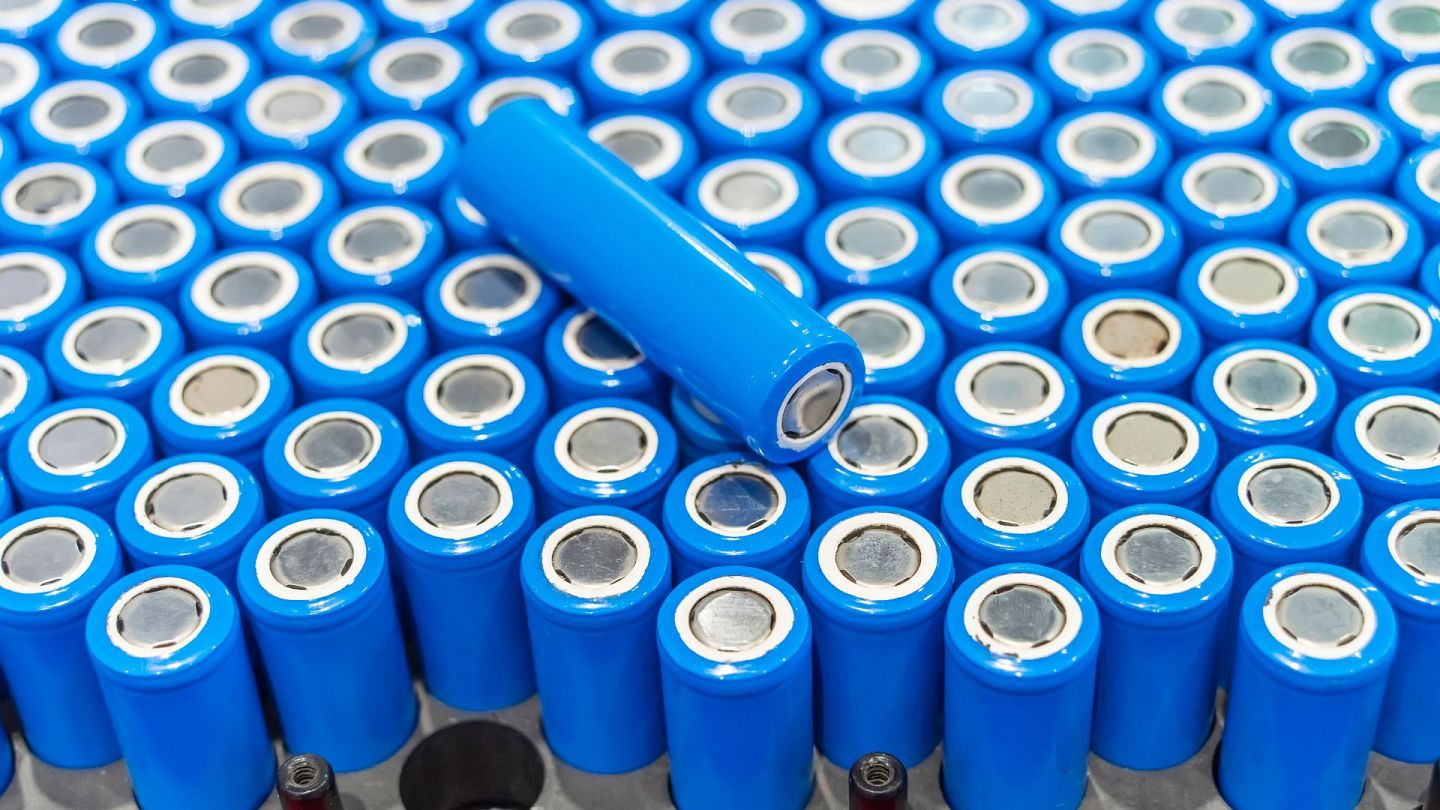In a significant development for Europe’s electric vehicle (EV) battery sector, Swedish battery manufacturer Northvolt announced layoffs impacting a total of 1,200 employees at its Ett factory. This recent wave of job cuts highlights the financial difficulties facing the company as it navigates an increasingly competitive and cash-intensive industry. Northvolt, which was once hailed as a European answer to the battery giants in Asia and North America, now faces challenges that underscore the financial volatility of the EV battery industry.
A Growing Company Facing Financial Constraints
Northvolt was founded in 2016 with a vision to produce environmentally friendly batteries within Europe to reduce dependence on imports. The company’s mission resonated with stakeholders across the continent, drawing substantial investments and backing from leading automakers like BMW and Volkswagen. With the demand for EV batteries skyrocketing, Northvolt positioned itself as a crucial player for Europe’s push towards a greener economy.
However, despite rapid growth and ambition, Northvolt has struggled to maintain a stable financial footing. The recent layoffs, which include 800 additional employees following an earlier dismissal of 400 workers, reflect the company’s efforts to manage its costs amid rising operational expenses. The decision was announced after negotiations with the workers’ union concluded, affecting a considerable portion of the workforce at Northvolt’s Ett factory — a key production site that has been central to its EV battery output.

The Economics of EV Battery Production: Why Costs Are So High
The EV battery industry, while booming, is fraught with financial pressures that make profitability challenging. For Northvolt and its competitors, high production costs are a significant concern. The production of lithium-ion batteries, which are commonly used in EVs, requires expensive raw materials like lithium, cobalt, and nickel. Prices for these materials have fluctuated sharply in recent years, driven by high demand and supply chain constraints.
Labor and energy costs add another layer of complexity, especially in Europe, where regulations for sustainable energy usage are stringent. Northvolt, based in Sweden, has made significant commitments to environmental sustainability, including plans to power its factories with renewable energy. While this approach aligns with Europe’s environmental goals, it increases production costs, adding to the financial strain.

Competing on a Global Scale: Pressure from North America and Asia
While Northvolt’s mission has strong European backing, it competes with established battery manufacturers in North America and Asia, where companies like Tesla, Panasonic, CATL, and LG Chem dominate the market. These companies benefit from economies of scale, having had years to refine their production processes and expand their facilities, allowing them to produce batteries at a lower cost.
For Northvolt, establishing itself as a viable competitor means not only scaling up production quickly but also maintaining cost efficiency in a high-stakes industry. With demand for EV batteries set to rise exponentially as more countries commit to zero-emission vehicle goals, Northvolt is under immense pressure to keep pace with global competition while staying financially sustainable.
Impact on Workers and Local Communities
The layoffs at Northvolt’s Ett factory are a blow to the affected employees and the local community in Sweden. With 1,200 workers losing their jobs, the layoffs represent a significant shift for a company that had been a source of economic hope for the region. Northvolt’s presence in Sweden has contributed to local employment and was seen as part of the nation’s broader push toward sustainable industry and innovation.
Union representatives have expressed concern over the sudden layoffs, as the negotiations with Northvolt concluded with a decision that may have a lasting impact on the workforce and their families. With Sweden facing broader economic challenges, especially amid global inflation and a fragile post-pandemic recovery, the layoffs raise questions about the sustainability of ambitious green projects in financially challenging times.
Government and Industry Response to Northvolt’s Struggles
The Swedish government has actively supported green technology and sustainable industrial projects like Northvolt’s battery production. However, the recent layoffs have sparked discussions about the financial and regulatory support needed to help new technology companies thrive, especially in industries where competition and capital intensity are exceptionally high.
Industry experts have pointed out that Northvolt’s challenges highlight the need for stronger financing mechanisms and possibly public-private partnerships to support the growth of strategic industries within Europe. The European Union has already taken steps to secure battery supply chains within the continent, recognizing the importance of battery production for the EV market and broader energy security. Nonetheless, Northvolt’s recent layoffs serve as a reminder that scaling up green technology requires not only vision but also financial resilience.
Future Outlook: What’s Next for Northvolt?
Despite these challenges, Northvolt remains focused on its long-term goals and plans to stabilize its financial situation to continue supporting Europe’s EV transition. The company aims to reduce its costs by optimizing production and refining its supply chain to minimize material expenses. However, as the industry continues to evolve, Northvolt’s ability to stay competitive may hinge on further investments, strategic partnerships, and potentially government support.
The layoffs have also led to broader discussions about the role of Europe in the global EV battery market. To become a sustainable alternative to imports, European manufacturers like Northvolt may require more robust support structures to handle economic shocks and maintain competitive production levels.
A Wake-Up Call for the EV Battery Industry
Northvolt’s layoffs underscore the challenges facing the EV battery industry as it seeks to balance rapid expansion with financial sustainability. The company’s struggles serve as a reminder of the significant costs associated with producing lithium-ion batteries, especially in regions with high operational expenses and stringent environmental regulations. For Northvolt, the road to recovery involves addressing its financial challenges while maintaining its role as a leader in Europe’s green industrial landscape.
As the global push toward electric vehicles accelerates, the success of companies like Northvolt will be crucial for ensuring that Europe remains competitive in the clean energy economy. Northvolt’s recent setbacks highlight the importance of financial resilience and supportive industry policies in sustaining the growth of this transformative industry.

